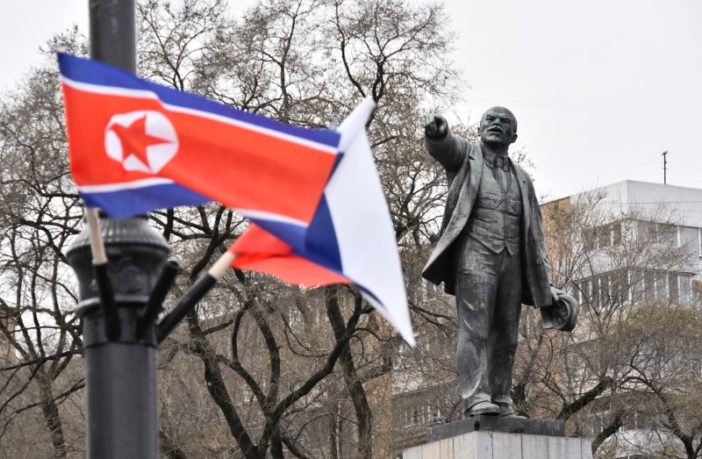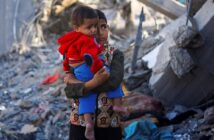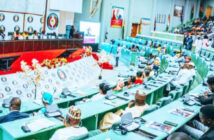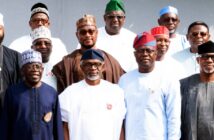Russia said on Thursday it had missed a United Nations deadline to repatriate North Korean workers due to what it called objective difficulties, but said it was scrupulously complying with U.N. sanctions on Pyongyang.
A 2017 U.N. Security Council resolution demanded that all countries send home all North Korean workers by Dec. 22 last year to stop them earning foreign currency for North Korea’s nuclear and ballistic missile programmes.
The United States has estimated Pyongyang was earning more than $500 million (£381 million) a year from nearly 100,000 workers abroad, of which some 50,000 were in China and 30,000 in Russia.
Russian Foreign Ministry spokeswoman Maria Zakharova told reporters on Thursday that Moscow had missed the U.N. deadline and that around 1,000 North Korean workers were still in Russia.
She said it had proved impossible for all of the workers to leave by the deadline because of limited transport options. There were only two flights a week between Russia and North Korea operated by one airline, she said, and limited train connections.
Zakharova said Moscow was rigorously complying with U.N. sanctions on North Korea nonetheless.
“The majority of North Korean workers have left our country. The rest, about 1,000 people, are in reality no longer workers since their work permits have expired and they don’t receive income in Russia,” said Zakharova.
She said North Korean officials were taking measures to organise the departure of the remainder of their own citizens.
“It wasn’t possible due to objective difficulties to send everyone home by Dec. 22,” said Zakharova.
Russian Interior Ministry statistics released on Wednesday showed that the number of tourist and student visas issued by Russia to North Koreans surged last year.
The data showed Russia issued 16,613 tourist and 10,345 student visas. That compared with 2,035 tourist and 2,610 student visas granted to North Koreans in 2018.
Experts suspect that many of those issued tourist visas are working illegally in Russia.
Moscow and Beijing pushed unsuccessfully in the United Nations in December for a raft of sanctions on North Korea to be lifted.
The Chinese and Russian proposal would have lifted a ban on North Korea exporting statues, seafood and textiles, and have eased restrictions on infrastructure projects and North Koreans working overseas, according to the draft seen by Reuters.
A senior U.S. official said on Wednesday China had also failed to send home North Korean workers by the December deadline, saying that was why Washington had blacklisted two entities involved in Pyongyang’s labour export.




